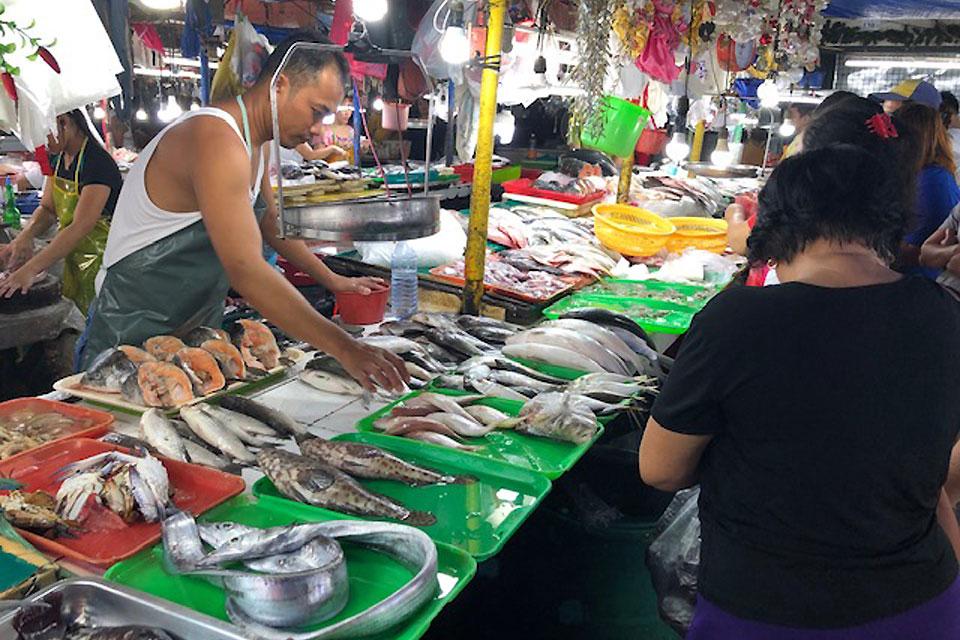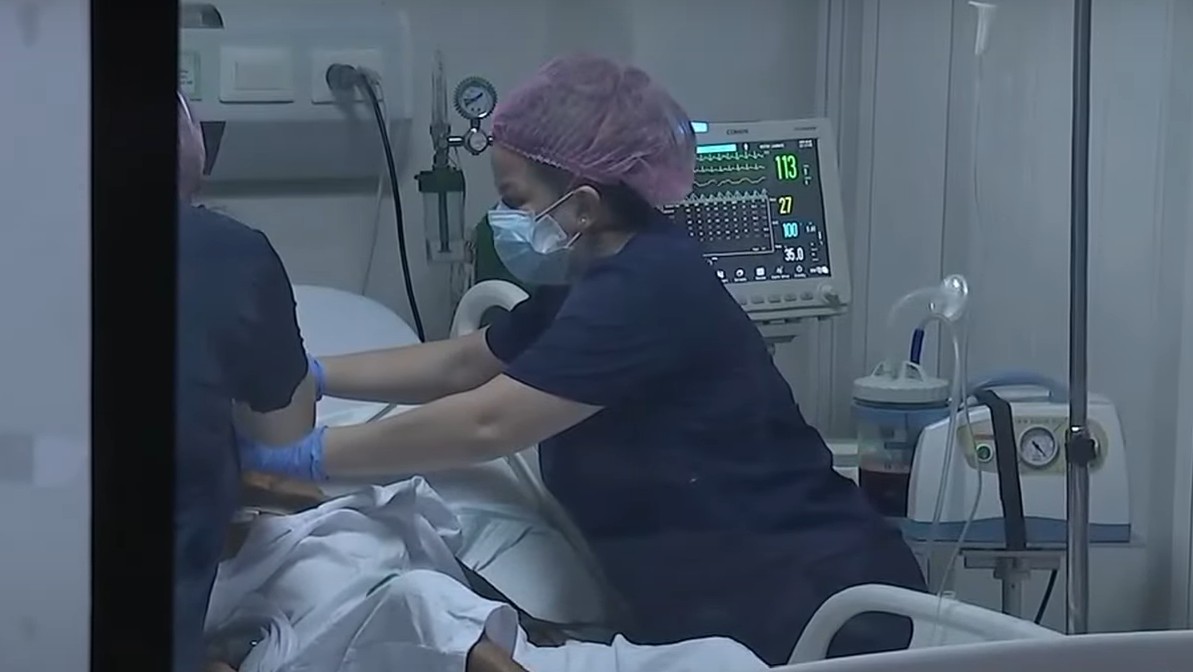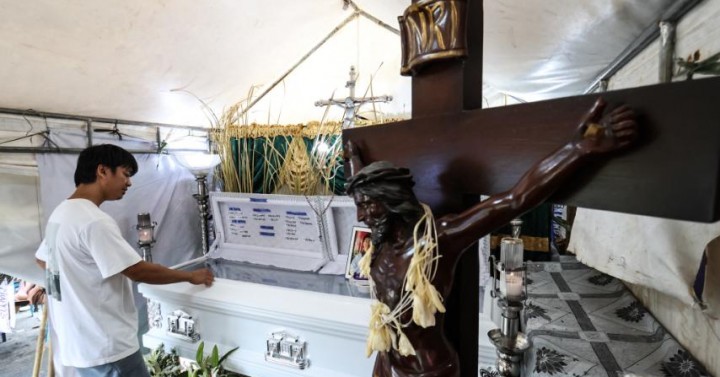Leptospirosis Cases in the Philippines Stabilize, But Flood Risks Keep Threat Alive - DOH

Manila, Philippines - The Department of Health (DOH) announced on Monday that cases of leptospirosis across the Philippines have reached a plateau, offering a glimmer of hope amidst ongoing concerns about this potentially deadly disease. However, health officials caution that the threat remains significant due to the persistent risk of flooding triggered by the southwest monsoon season (Habagat) and recent powerful storms.
Leptospirosis is a bacterial infection spread through contact with water or soil contaminated by the urine of infected animals, most commonly rodents. Flooding dramatically increases the risk of exposure as contaminated water inundates homes and communities, bringing people into contact with the bacteria. Symptoms can range from mild flu-like illness to severe complications, including kidney failure, meningitis, and even death. Early diagnosis and treatment with antibiotics are crucial for a positive outcome.
“While we’re seeing a stabilization in the number of reported cases, it’s far too early to declare victory,” stated Dr. [Insert DOH Spokesperson Name/Title - if available, otherwise use 'a DOH official'], during a press briefing. “The Habagat season and the aftermath of recent typhoons have created widespread flooding, and this continues to pose a significant risk of leptospirosis transmission.”
DOH’s Preventive Measures and Public Advisory:
The DOH is urging the public to take proactive measures to protect themselves and their families. Key recommendations include:
- Avoid flooded areas: Stay away from floodwaters whenever possible.
- Boil water: Ensure all water used for drinking, cooking, and washing is properly boiled.
- Proper sanitation: Maintain good hygiene practices, including regular handwashing with soap and water.
- Rodent control: Implement measures to control rodent populations around homes and workplaces. This includes proper waste disposal and sealing potential entry points.
- Protective gear: For those who must enter flooded areas (e.g., rescue workers, clean-up crews), wear protective gear such as boots, gloves, and masks.
- Seek medical attention: If you experience symptoms such as fever, headache, muscle aches, and jaundice, seek medical attention immediately. Early diagnosis and treatment are vital.
The DOH is also working closely with local government units (LGUs) to enhance surveillance, provide rapid diagnostic testing, and ensure access to timely and appropriate treatment. Public health education campaigns are underway to raise awareness about leptospirosis prevention.
Looking Ahead:
With the southwest monsoon season expected to persist and the possibility of further typhoons looming, health officials emphasize the importance of continued vigilance and adherence to preventive measures. The DOH remains committed to monitoring the situation closely and responding swiftly to any resurgence of leptospirosis cases. The public’s cooperation is essential in mitigating the risks associated with this preventable disease and protecting the health and well-being of all Filipinos. Stay informed, stay safe, and take proactive steps to safeguard your community.






